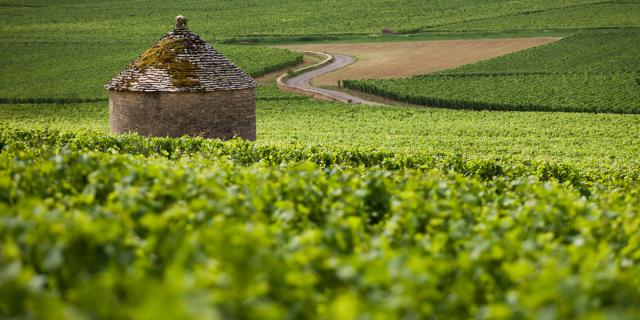 Cabotte Vineyard Burgundy
Cabotte Vineyard Burgundy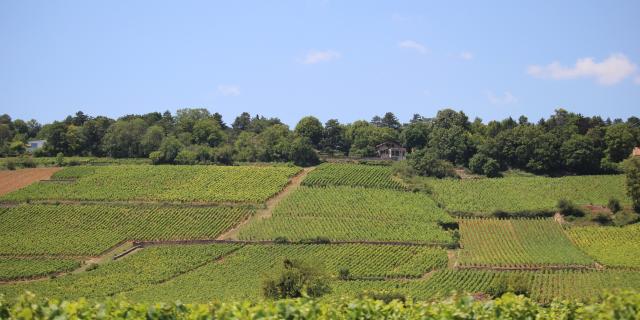 Vineyards Cote De Beaune
Vineyards Cote De Beaune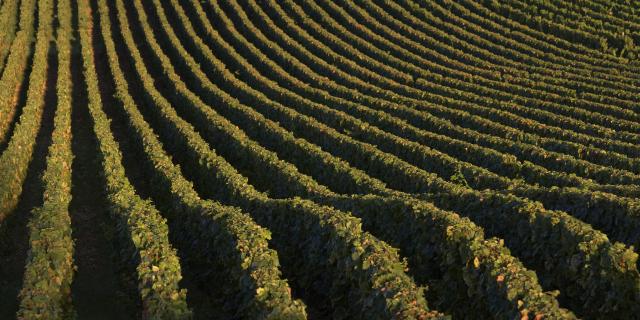 Meursault Vineyards
Meursault Vineyards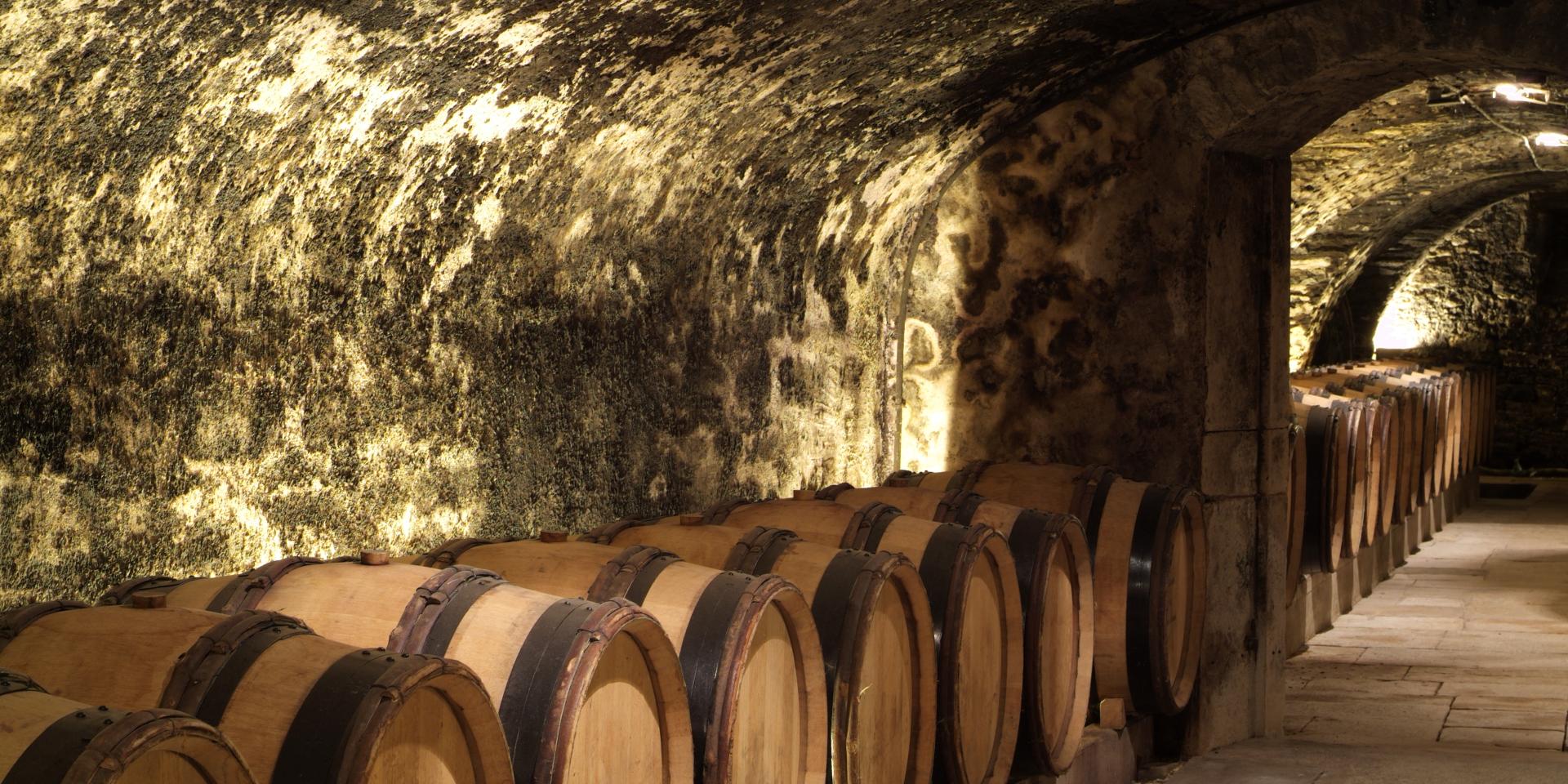 Cellars of the Hospices De Beaune
Cellars of the Hospices De Beaune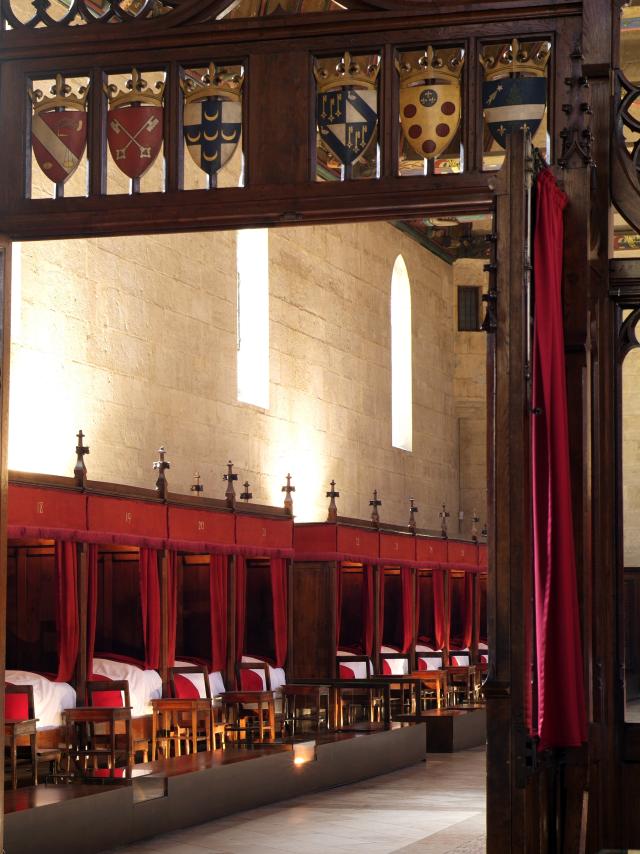 Hospices De Beaune Salle Des Povres2
Hospices De Beaune Salle Des Povres2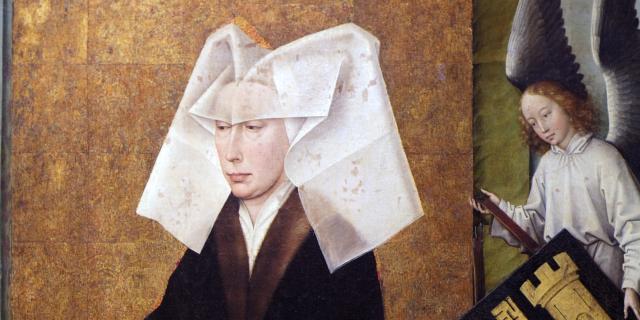 Hospices De Beaune Guigone Salin
Hospices De Beaune Guigone Salin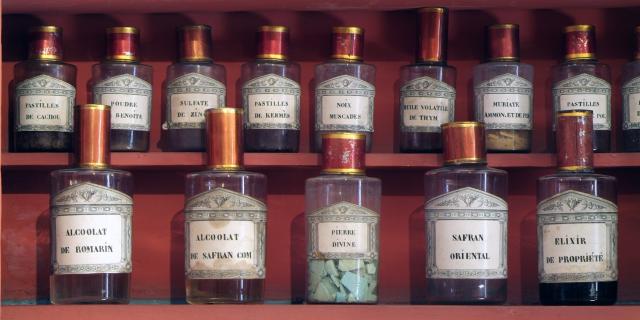 Hospices De Beaune Apothecary 1
Hospices De Beaune Apothecary 1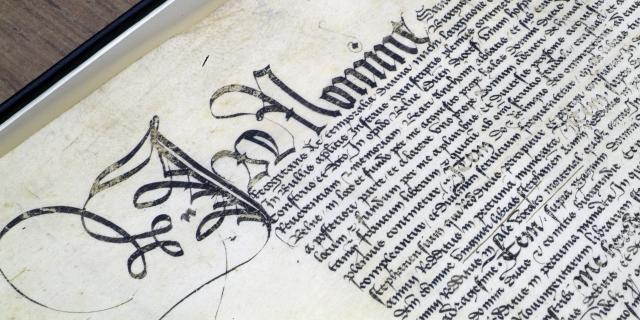 Hospices De Beaune Charter2
Hospices De Beaune Charter2It wasn’t long after Nicolas Rolin built the Hôtel-Dieu that the first donors offered plots of vineyard to the Hospices de Beaune. In 1457, Jean Guillotte le Verrier donated 6 ouvrées (around 2,500m2 at the time). He quickly made emulators and the estate was built up in this way, plot after plot, donated by families in gratitude for cures, or hopes of cures.
An aunt well cared for by the Hospice sisters, half a hectare, a son saved from amputation, 30 ares, a father rescued from tuberculosis, 12 ouvrées…. ares after ares, year after year, the Domaine des Hospices de Beaune has gradually grown to become today a 60-hectare estate.
Having been bequeathed to us by various owners over the centuries, these parcels have ensured the domaine’s worldwide renown. They are mostly located around the town of Beaune, not far from the Hôtel-Dieu, in villages well known to wine-lovers. Pommard, Meursault, Volnay, Savigny and Aloxe-Corton all feature on the Domaine’s labels.
In addition, the Hospices Civils own vineyards in the Côte de Nuits, a bastion of the Pinot Noir grape variety. Among the must-haves produced in this winegrowing stronghold are the Grands Crus Echezeaux, Mazis-Chambertin or Clos de la Roche.
Other parcels, further afield, are spread across the Chablisien region in northern Burgundy or the Mâconnais, in Pouilly-Fuissé for example.
The 60 hectares of vines provide the Domaine des Hospices de Beaune with 50 cuvées (33 Pinot noir reds and 17 Chardonnay whites) each year. They are the pride and joy of the 23 employees who strive for excellence.
Yes, we can talk about excellence. Indeed, most of the wines are classified Premiers and Grands Crus (85% of production). They illustrate all the richness and variety of this Burgundy winegrowing terroir.
Some Grands Crus have in fact received highly prestigious titles, following the example of Mazis-Chambertin Grand Cru Cuvée Madeleine Collignon, matured and bottled by Maison Albert Bichot, voted best red wine in the world in 2018!
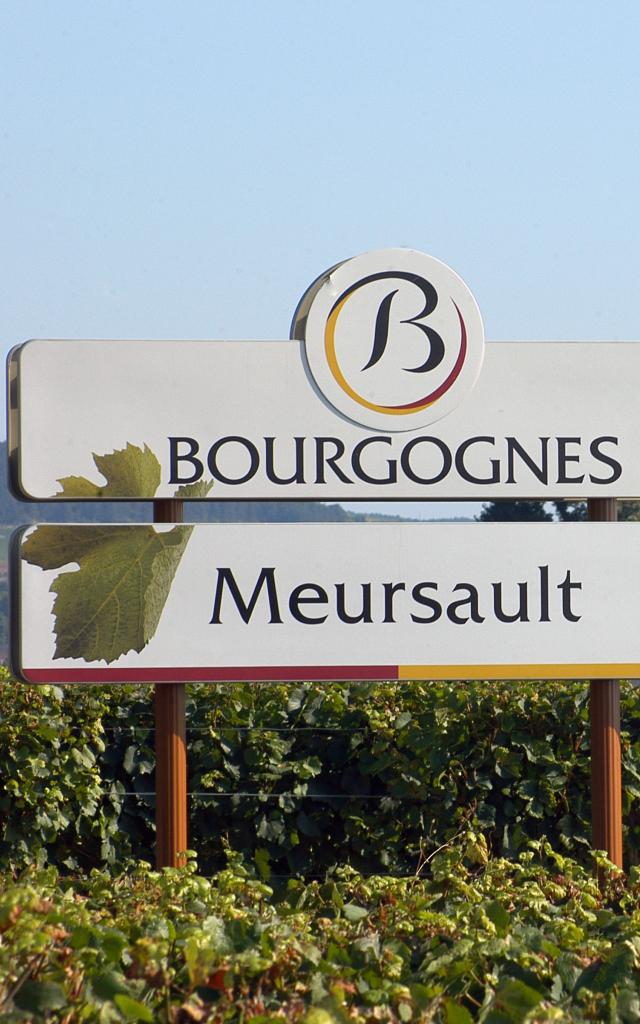 Meursault sign
Meursault sign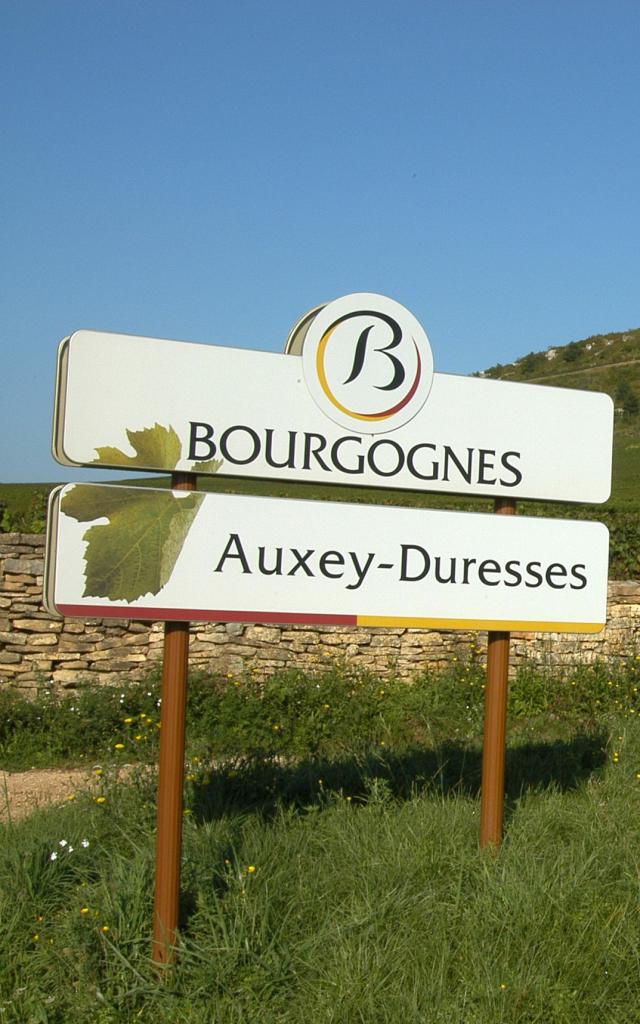 auxey-duresses-panneau
auxey-duresses-panneau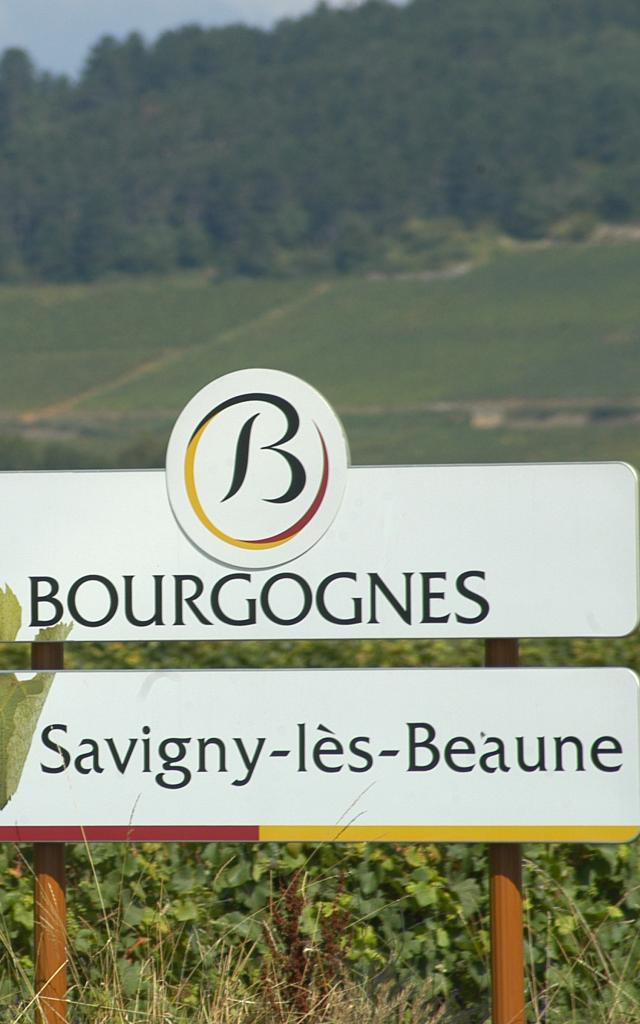 Wine panel of Savigny-lès-Beaune
Wine panel of Savigny-lès-Beaune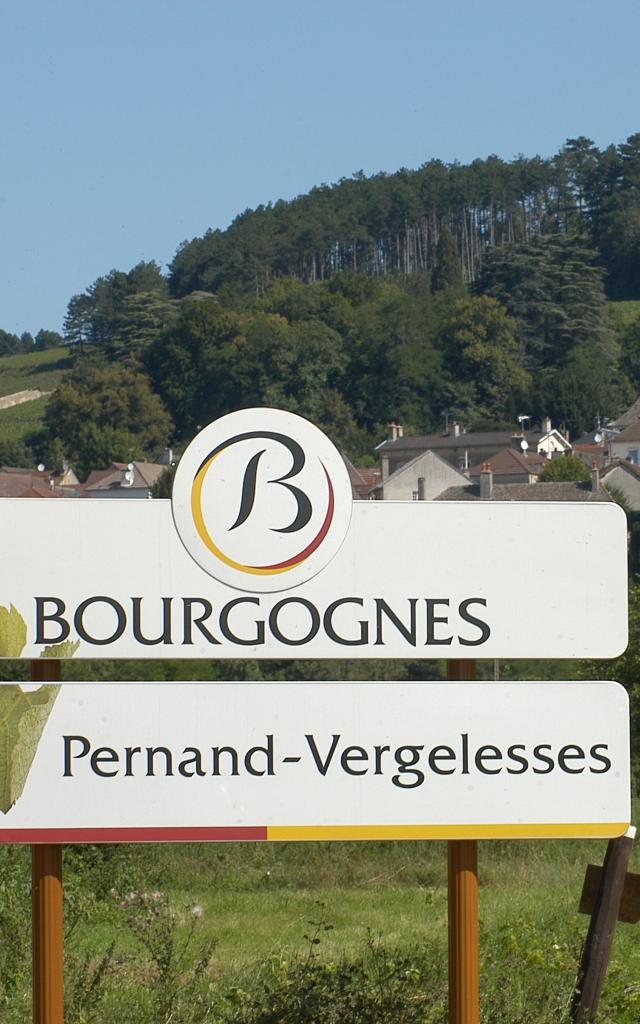 Pernand panel
Pernand panel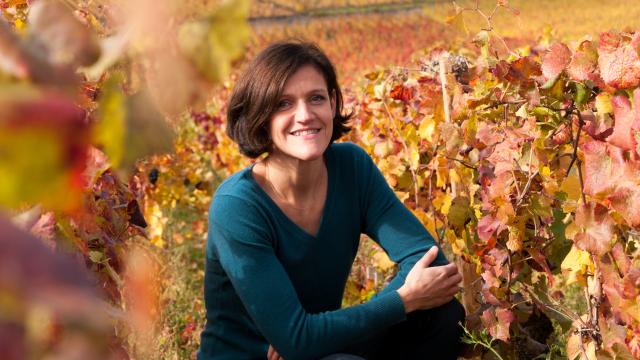 Ludivine griveau © Domaine viticole Hospices Civils de Beaune
Ludivine griveau © Domaine viticole Hospices Civils de Beaune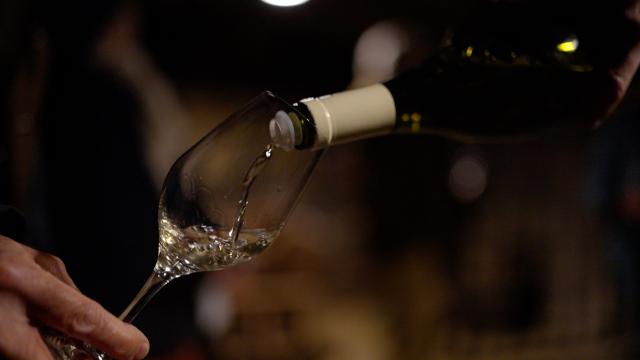 Sale of Wines 2021
Sale of Wines 2021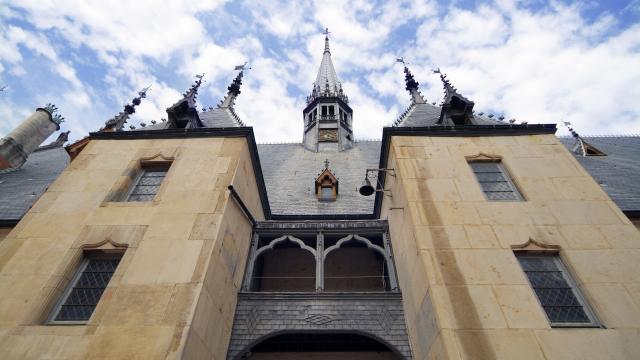 Hospices De Beaune Entrance
Hospices De Beaune Entrance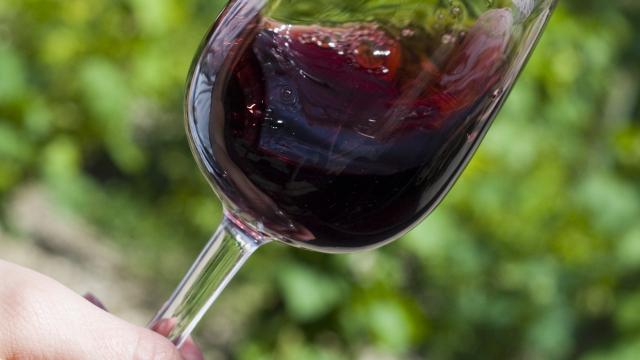 Wine tasting Pinot Noir Beaune
Wine tasting Pinot Noir BeauneSince 2015, steward and winemaker, Ludivine Griveau is the soul of the Domaine des Hospices de Beaune wines. Her role: to care for the vineyard, ensure the good health of the vines, craft exceptional wines. Her goal: to offer a production worthy of this great Burgundy name and perpetuate the reputation of the Hospices de Beaune on the international stage.
Accompanied by her team of 23 employee winemakers, each year she elaborates the 50 historic cuvées offered for sale during one of the world’s greatest wine events: the Hospices de Beaune Wine Sale. This exceptional auction brings together wine professionals every year.
Profits from this sale partly finance investments by the Hospices Civils de Beaune.
A woman of action and passion, Ludivine Griveau takes particular care to respect nature and, consequently, the soil. Since the 2022 vintage, the entire Domaine has been converted to organic farming. Certification is expected in 2024. The intention is not new, since as early as 2017, the Domaine was no longer using synthetic chemical inputs.
His link with the Beaune hospital imposes this ethic in favor of an agriculture that is more respectful of the environment but also of consumer health.
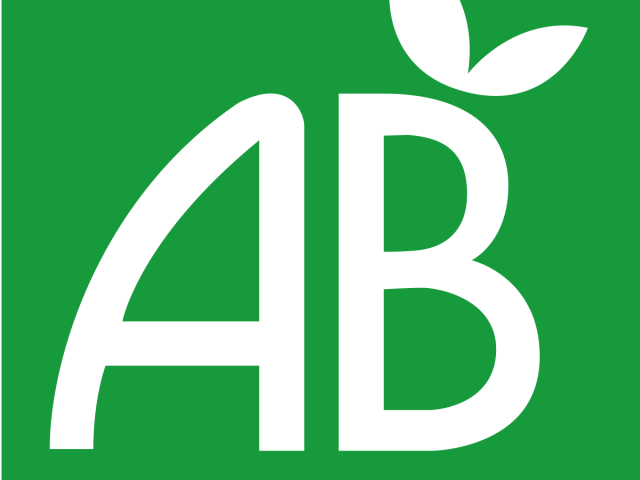 logo-agriculture-biologique
logo-agriculture-biologique